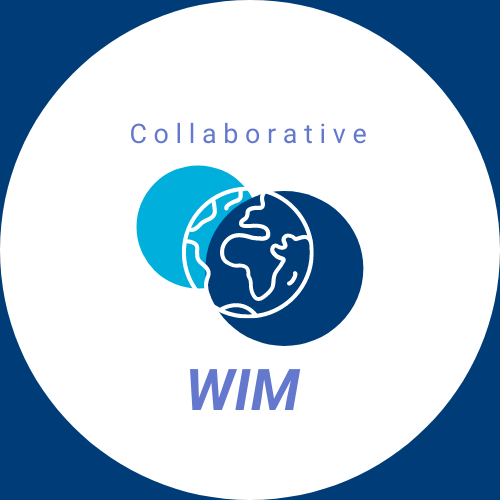
Returnship Resources
The materials gathered here are a library from diverse sources designed to help you develop your personal narrative, compose supporting documents and prepare for job interviews. Additionally, they point you to other online centers for job searches.
CWIM has gathered these materials in a single location for your use; we do not have a financial interest in any of these providers or organizations.

The First Step: Personal Branding
The first, and arguably most important, step in your job search is to identify the threads that have run through your career. Think not just of your accomplishments, but your values, the interests that have shaped the paths you have pursued, and the problems you have been able to solve.
The following are online resources that are useful starting points to help you think and re-think your experiences in the context of a larger story — your story:
The story-telling frameworks in the first links are an ambitious, imaginative re-working of the more familiar STAR method, which is often used to prepare answers to behavioral interview questions. (Situation, Task, Action and Result). Develop stories behind the answers to these questions to showcase the same qualities that underline your brand.

Putting Your Narrative to Work: Elevator Pitches, Resumes, Cover Letters
Craft the narrative of who you are — your unique strengths and experiences— so it resonates in your elevator pitch. As you may know, an elevator pitch is a 30-second summary of 75-84 words. This narrative also is the foundation for how you organize your cover letter and resume.
How will you acknowledge your career break in your resume? A study by Indeed found that resumes that addressed extended career breaks were 60% more likely to receive an interview request than resumes that did not. With this in mind, the following resources are tailored towards career breaks.
The following resources offer thoughtful advice on how to write effective cover letters and resumes. Review Appendix A in Writing a Winning Resume, which offers alternate, before-and-after versions of resumes to assist you when re-thinking impactful language.

Returnships, Returner-Friendly Job Banks
Returnships offer the benefits of mentorships and cohort groups as they provide an opportunity to refresh skills and provide current experience on your resume.
There are also job banks that advertise themselves as friendly towards applicants with job gaps.
While application windows vary across returnships, recruitment for finance-focused returnships is generally towards the latter half of the year. The following sites—updated regularly—aggregate open returnships per publication by the sponsor companies:
In addition to traditional job opportunities, returners may conduct research via job banks catering to employers who have volunteered an interest in considering applicants with career breaks:

Interview Preparation
Practice makes perfect. Prepare with friends and family, in the mirror and by recording yourself. Review your performance—and then practice some more!
Follow these strategies to steer the conversation towards your preferred accomplishments. Consider this list of potential interview questions and sample answers:
